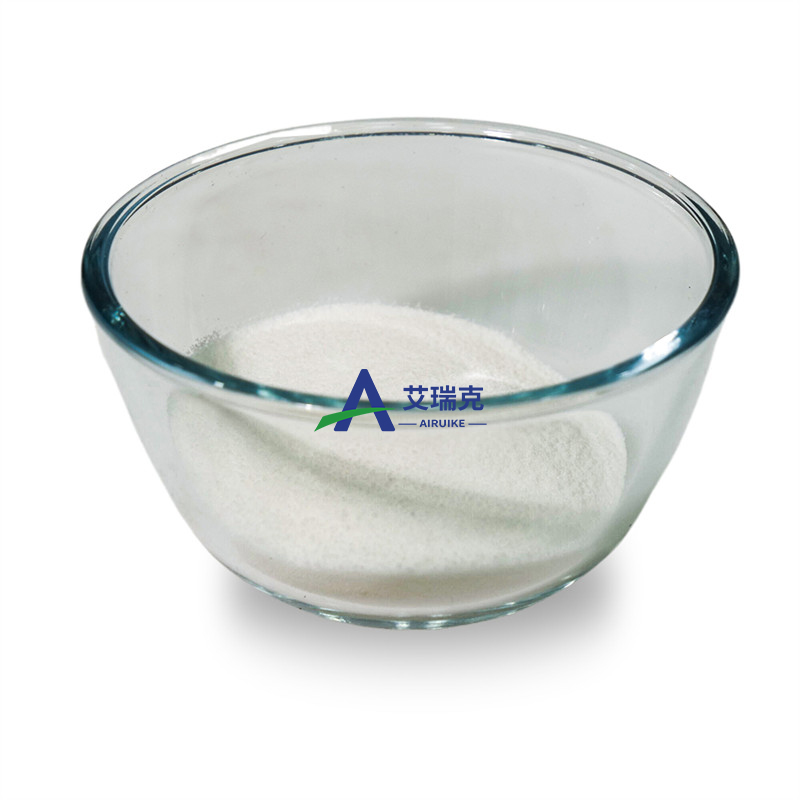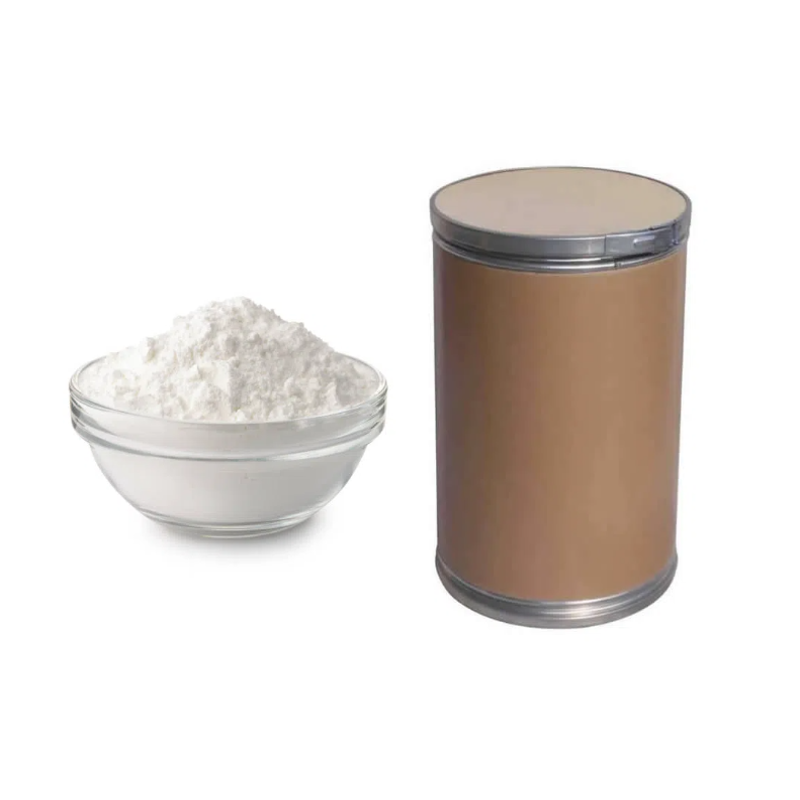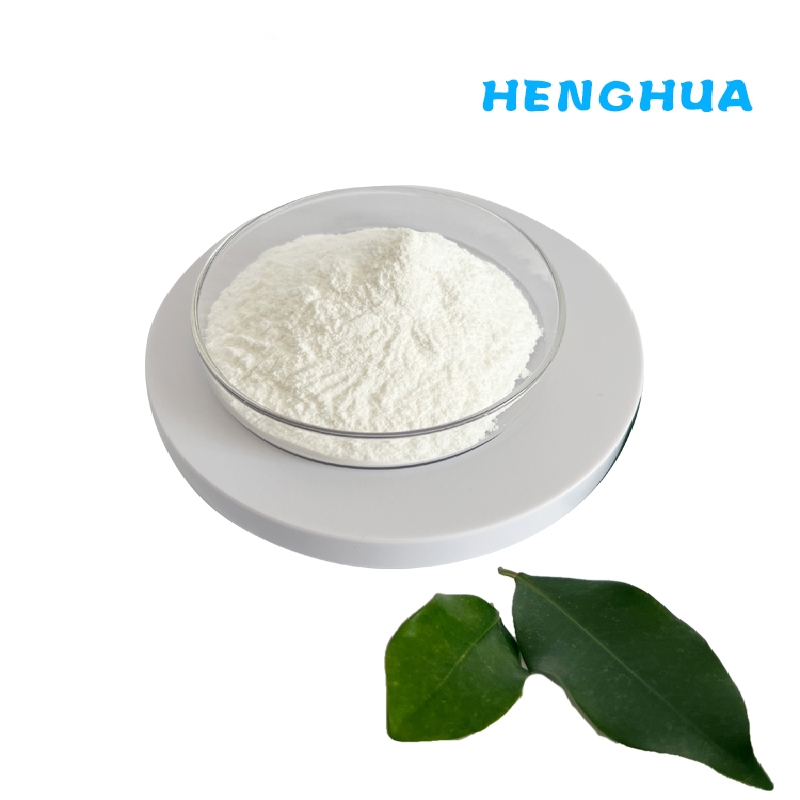-
Categories
-
Pharmaceutical Intermediates
-
Active Pharmaceutical Ingredients
-
Food Additives
- Industrial Coatings
- Agrochemicals
- Dyes and Pigments
- Surfactant
- Flavors and Fragrances
- Chemical Reagents
- Catalyst and Auxiliary
- Natural Products
- Inorganic Chemistry
-
Organic Chemistry
-
Biochemical Engineering
- Analytical Chemistry
-
Cosmetic Ingredient
- Water Treatment Chemical
-
Pharmaceutical Intermediates
Promotion
ECHEMI Mall
Wholesale
Weekly Price
Exhibition
News
-
Trade Service
Introduction: The use of DPP4 inhibitors does not improve PFS in men with advanced prostate cancer.
In recent years, targeted therapy of tumors is a very hot research field.
Targeted therapy often relies on the expression of cell surface proteins.
One of the important targets is dipeptidyl peptidase IV (DPP4), which is a cell surface protein, also known as CD26.
DPP4 is expressed on a variety of cell types and has tumor- and tissue-dependent effects in cancer.
It has been reported that from the perspective of diabetes treatment, patients with colorectal cancer treated with DPP4 inhibitors often have a longer progression-free survival (PFS).
Therefore, experts from the Oncology Institute of the University of Florida in the United States carried out related retrospective studies to determine the effect of DPP4 inhibitors on PFS in patients with advanced (stage III/IV) prostate cancer and diabetes.
In this study, all subjects were receiving hypoglycemic therapy, and had undergone surgery for prostate cancer, radiotherapy, or both.
The researchers conducted an in-depth comparison between subjects receiving sulfonylureas (n=120) and DPP4 inhibitors (n=41).
The results showed that, in general, there was no significant difference in PFS between the two groups.
During the course of the study, 59% of participants receiving DPP4 inhibitors (24/41) and 61% of control participants (73/120) experienced disease progression (HR = 1.
01, 95% CI 0.
64-1.
61).
At the same time, there was no difference in the median time to progression between the two groups (3.
3 years in the DPP4 group and 3.
5 years in the sulfonylurea group). Further subgroup analysis showed that the use of DPP4 inhibitors was associated with improved PFS after radiotherapy in patients with diabetes and prostate cancer (4.
7 v 2.
7 years, HR = 0.
56, 95% CI 0.
37-0.
84).
The researchers concluded that the data on the use of DPP4 inhibitors in patients with diabetes and prostate cancer is contrary to reports of other cancers.
Even the use of DPP4 inhibitors does not improve PFS in men with advanced prostate cancer.
They speculate that DPP4 may act as an inhibitor of AR signaling and, therefore, may play a role in changing the development of castration therapy.
To this end, the researchers plan to conduct further analysis in a larger cohort, and also consider the variable of hormone sensitivity.
Reference: ASCO GU 2021: A Multicenter Retrospective Analysis Examining The Effect Of Dipeptidyl Protease 4 Inhibitors On Progression-Free Survival In Patients With Prostate Cancer.
In recent years, targeted therapy of tumors is a very hot research field.
Targeted therapy often relies on the expression of cell surface proteins.
One of the important targets is dipeptidyl peptidase IV (DPP4), which is a cell surface protein, also known as CD26.
DPP4 is expressed on a variety of cell types and has tumor- and tissue-dependent effects in cancer.
It has been reported that from the perspective of diabetes treatment, patients with colorectal cancer treated with DPP4 inhibitors often have a longer progression-free survival (PFS).
Therefore, experts from the Oncology Institute of the University of Florida in the United States carried out related retrospective studies to determine the effect of DPP4 inhibitors on PFS in patients with advanced (stage III/IV) prostate cancer and diabetes.
In this study, all subjects were receiving hypoglycemic therapy, and had undergone surgery for prostate cancer, radiotherapy, or both.
The researchers conducted an in-depth comparison between subjects receiving sulfonylureas (n=120) and DPP4 inhibitors (n=41).
The results showed that, in general, there was no significant difference in PFS between the two groups.
During the course of the study, 59% of participants receiving DPP4 inhibitors (24/41) and 61% of control participants (73/120) experienced disease progression (HR = 1.
01, 95% CI 0.
64-1.
61).
At the same time, there was no difference in the median time to progression between the two groups (3.
3 years in the DPP4 group and 3.
5 years in the sulfonylurea group). Further subgroup analysis showed that the use of DPP4 inhibitors was associated with improved PFS after radiotherapy in patients with diabetes and prostate cancer (4.
7 v 2.
7 years, HR = 0.
56, 95% CI 0.
37-0.
84).
The researchers concluded that the data on the use of DPP4 inhibitors in patients with diabetes and prostate cancer is contrary to reports of other cancers.
Even the use of DPP4 inhibitors does not improve PFS in men with advanced prostate cancer.
They speculate that DPP4 may act as an inhibitor of AR signaling and, therefore, may play a role in changing the development of castration therapy.
To this end, the researchers plan to conduct further analysis in a larger cohort, and also consider the variable of hormone sensitivity.
Reference: ASCO GU 2021: A Multicenter Retrospective Analysis Examining The Effect Of Dipeptidyl Protease 4 Inhibitors On Progression-Free Survival In Patients With Prostate Cancer.







